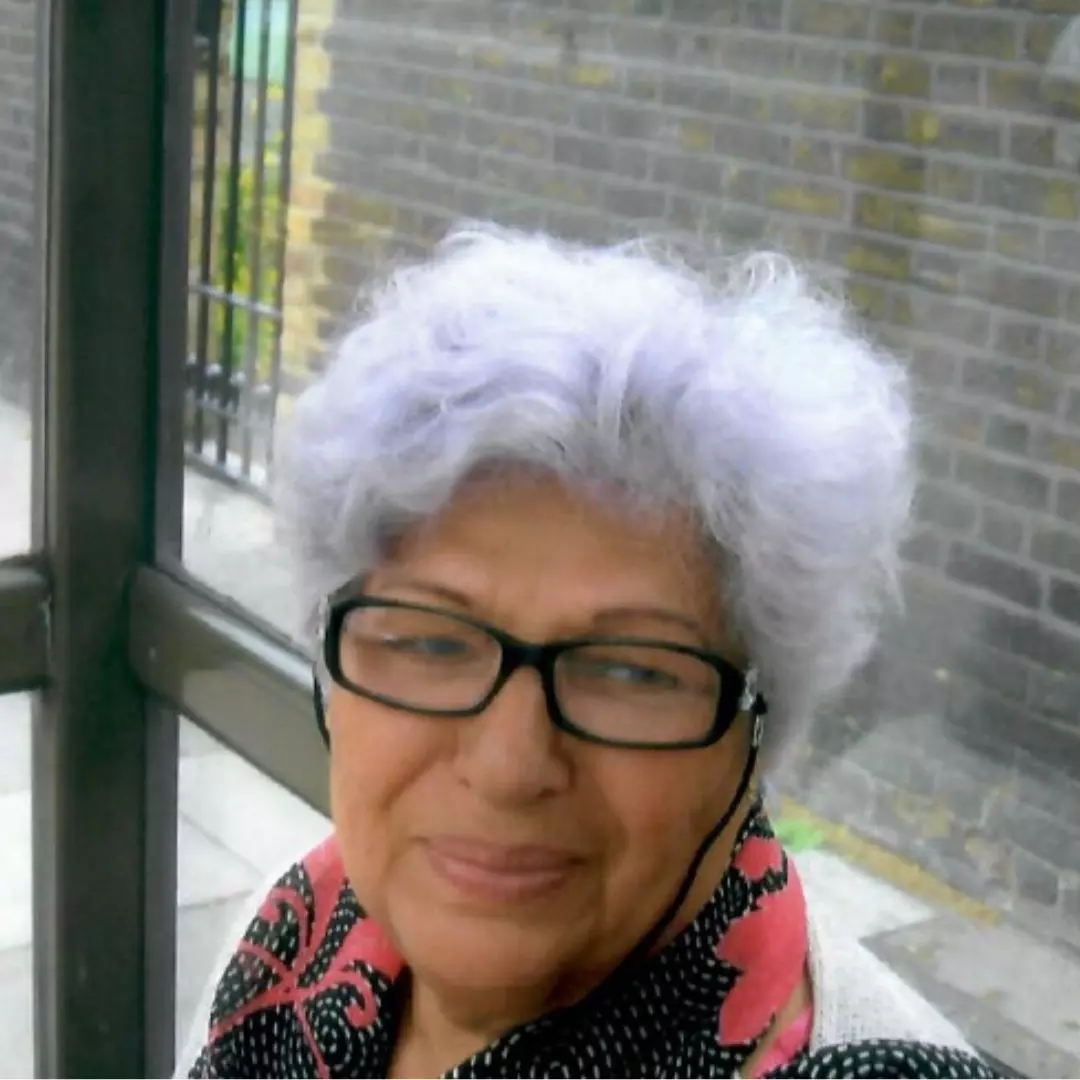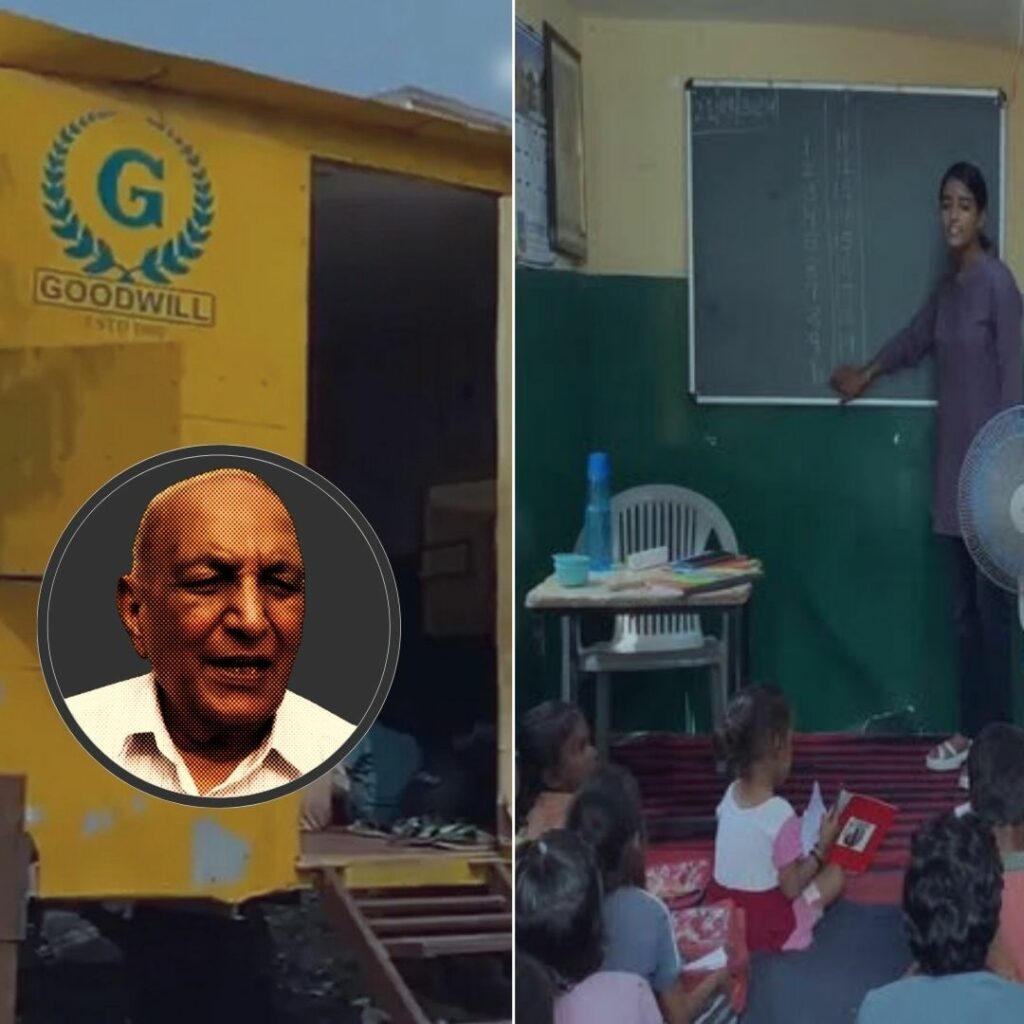Vineet Arora and his three siblings’ relentless quest for justice following the tragic death of their mother in a fire at the Antara Senior Care Centre in Greater Kailash 2 has brought to the forefront the challenges faced by families grappling with elder care negligence. The incident, which occurred on January 1, 2023, has not only left Vineet and his family devastated but has also exposed deeper issues within India’s elder care system.
While discussing the facilities available at the care centre, Vineet shares that there were no warning signs regarding the facility’s safety before the fire. However, he expressed disappointment with the authorities and management’s response post-incident, criticizing the lack of transparency regarding his mother’s death.
Before the fire incident, Vineet perceived Antara as a secure place for seniors. His mother, Kanchan Arora, an octogenarian had earlier stayed at the facility. She also found the care centre comfortable for her stays due to which she shifted there in December for two months. But after the tragic death of his mother, Vineet and his family allege that the safety measures were not in place at Antara.
“Following our mother’s tragic death in the fire, we’ve come to understand, through insights gained from the police chargesheet that the facility purporting to be a senior care centre merely masqueraded as a place genuinely concerned about residents’ welfare. In reality, it operated under the guise of hostel and polyclinic licenses”, shares Vineet Arora while talking with The Logical Indian about the fire accident.
Kanchan Arora’s children also accused Antara of prioritizing profits over safety, citing instances of cost-cutting compromising safety protocols.

In a conversation with The Logical Indian, Vineet reflects on the tragic fire incident, expressing that had the centre’s management been more vigilant – adhering to the contractual prohibition of flammables in rooms and ensuring the functionality of safety equipment – his mother’s untimely death might have been averted.
India’s Ageing Population
A recent report has raised concerns regarding the escalating population of senior citizens in India. According to the ‘India Ageing Report 2023’, a collaboration between the United Nations Population Fund (UNFPA) and the International Institute for Population Sciences (IIPS), it is projected that by 2050, one-fifth of India’s population will be aged 60 and above. Additionally, it is anticipated that by the end of this century, the elderly population will surpass the number of children aged zero to 14.
As of July 2022, there were 149 million individuals aged 60 and above, accounting for approximately 10.5% of the country’s population. By 2050, this demographic is expected to double to 20.8%, with the absolute number reaching 347 million. By the end of the century, it is predicted that the elderly will constitute over 36% of the total population of the country. This rapid expansion of the elderly population may surpass that of the children’s population by mid-century.
The report highlights the challenging circumstances faced by many elderly individuals, with over 40% belonging to the poorest wealth quintile. This level of poverty among the elderly could significantly impact their quality of life and healthcare utilization. Furthermore, analysis reveals that 18.7% of the elderly do not have any income, with certain states recording higher proportions of income-less elderly individuals compared to the national average.
India currently has one of the largest populations of adolescents and young people globally, with 65% of the population under 35, the ageing population is a growing concern. Disparities exist across states, with regions like Himachal Pradesh and Punjab already reporting a higher share of elderly individuals than the national average.

Despite filing petitions and attending court hearings, Vineet and his family feel stonewalled at every turn. Their pursuit of justice has been met with formidable obstacles, including resistance from Antara’s legal team and a police investigation narrowly focused on the fire’s cause rather than broader safety concerns. Nevertheless, the family remains resolute in holding Antara accountable.
“We will persist with our efforts on social media to draw attention to the need for strict regulation of elder care businesses in India”, concludes Vineet Arora sharing his further course of action.
Prioritizing Safety At Elder Care Centres
To prevent such tragic incidents and ensure the safety and well-being of senior citizens, the concerned authorities must establish clear guidelines for elder care centres. These guidelines should include rigorous monitoring and regulation of such facilities, encompassing checks on licenses, building specifications, and adherence to basic fire safety protocols and equipment. Additionally, the government should establish stringent criteria for hiring staff who are qualified and trained to work with senior citizens, ensuring they possess the necessary skills and expertise for the role.
Further to prevent such tragedies, elder care centres must prioritize the safety and well-being of their residents by strictly adhering to established guidelines and regulations. No individual should ever be subjected to such avoidable risks, and it is incumbent upon elder care facilities to uphold the highest standards of safety and care for their residents.
The deceased, Kanchan Arora’s story serves as a poignant call to action, advocating for improved standards and accountability in elderly care across the country. Her family’s unwavering pursuit of justice continues while striving for a safer future for India’s elderly.
Also Read: Unveiling The Complex Landscape of Mental Health: Key Concepts and Strategies For Well-being











